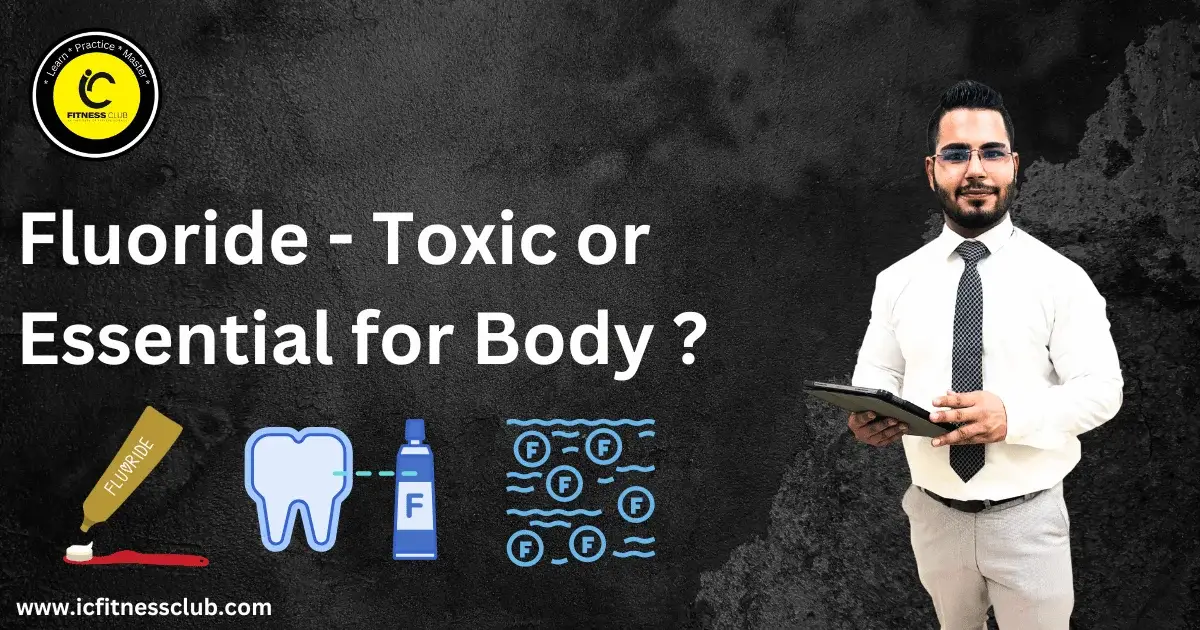Fluoride: A Toxic Mineral or Essential for Health?
Fluoride, a naturally occurring mineral, has been the subject of extensive debate. It is commonly added to drinking water and toothpaste for its ability to prevent tooth decay. However, growing concerns about its potential toxicity have raised questions about whether it does more harm than good.
Understanding Fluoride
Fluoride is found in soil, water, and certain foods. Its primary use is in dentistry, where it strengthens enamel and prevents cavities by making teeth more resistant to acid attacks. Despite these benefits, excessive fluoride consumption has been linked to adverse health effects.
The Toxic Side of Fluoride
Excessive fluoride exposure can lead to various health issues, including:
- Dental Fluorosis: Overexposure to fluoride during childhood can cause white spots, discoloration, or pitting on teeth.
- Skeletal Fluorosis: Long-term exposure to high fluoride levels can weaken bones, leading to joint pain and stiffness.
- Neurotoxicity: Studies suggest that high fluoride levels may impair cognitive function, particularly in children, potentially lowering IQ.
- Thyroid Issues: Excess fluoride can suppress thyroid function, leading to hormonal imbalances and related health problems.
Sources of Overexposure
Fluoride overexposure often comes from multiple sources, including:
- Drinking water with high fluoride levels.
- Excessive use of fluoride toothpaste or mouthwash.
- Consuming processed foods and beverages made with fluoridated water.
Controversies Around Fluoridation
- Public Water Supply: Many governments add fluoride to water supplies, citing dental health benefits. Critics argue that this practice disregards individual consent and risks overexposure.
- Safety Thresholds: While low fluoride levels are considered safe, determining a universal safe limit is challenging due to variations in individual exposure and sensitivity.
Balancing Benefits and Risks
To minimize fluoride-related risks:
- Monitor Intake: Be aware of fluoride levels in your water and dental products.
- Use Fluoride Sparingly: Use a pea-sized amount of toothpaste for children and avoid swallowing it.
- Consider Alternatives: Opt for non-fluoridated toothpaste if your water is already fluoridated.
Conclusion
While fluoride offers undeniable benefits for dental health, excessive exposure can have toxic effects. The key is balance: understanding your fluoride sources and managing your intake to enjoy its benefits without risking harm. As the debate continues, more research is needed to ensure safe and effective use of this controversial mineral.
To become a certified personal trainer, click below




